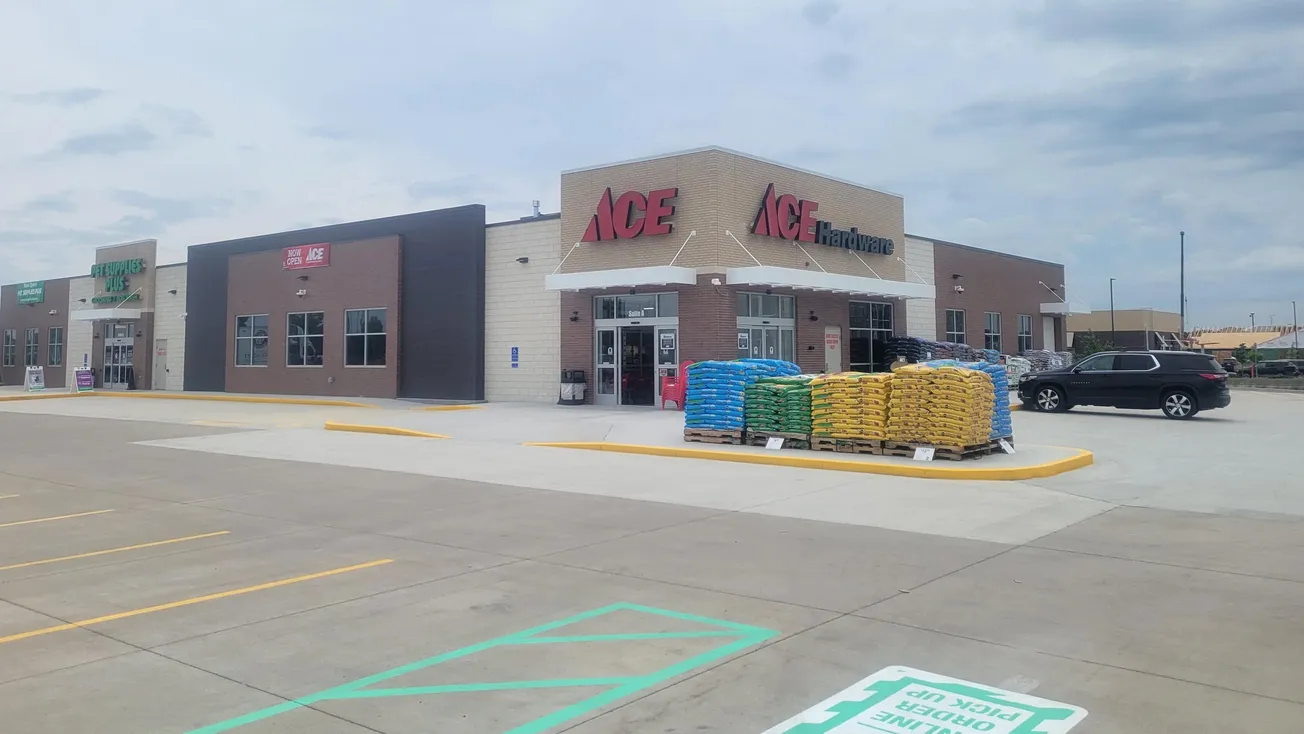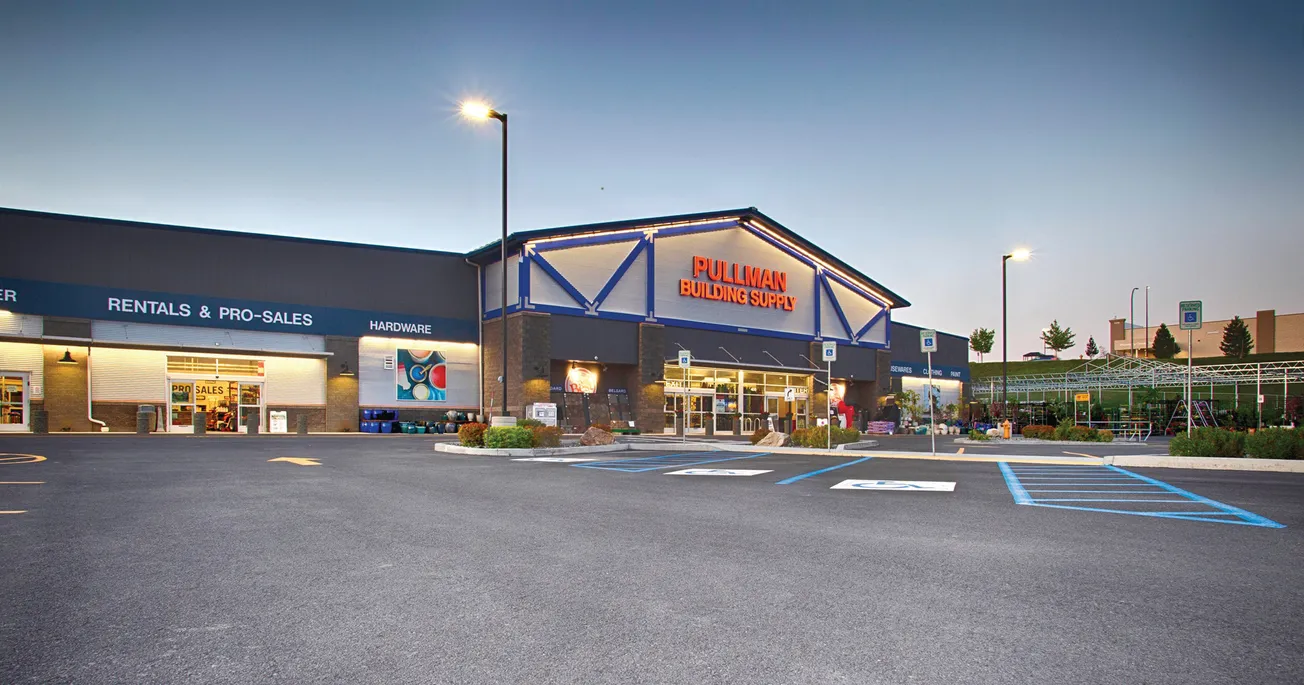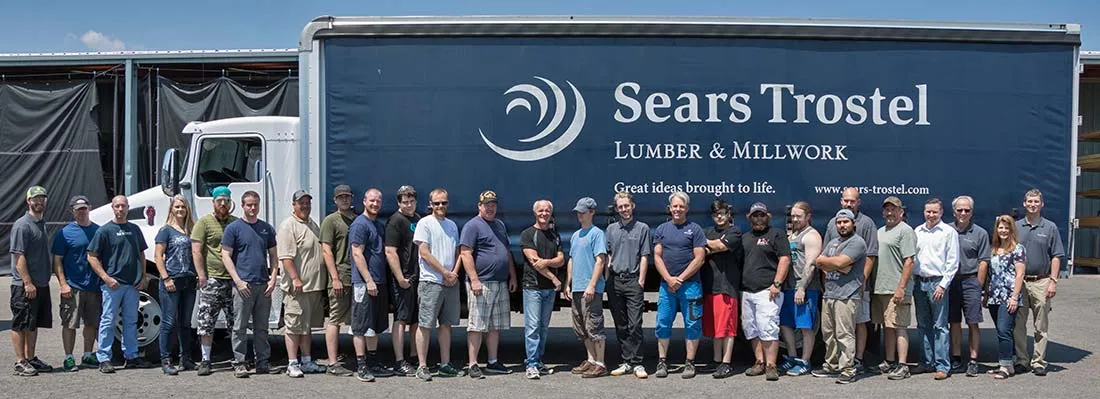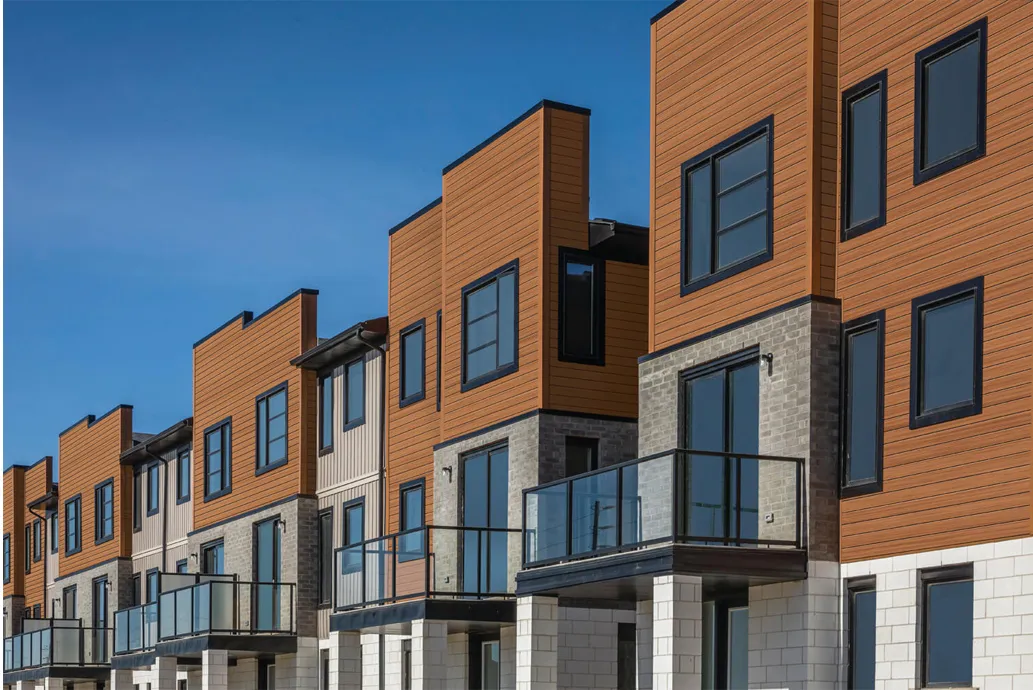Table of Contents
Ever heard of Kremmling, Colorado? Me neither. I had to haul out a magnifying glass to search my battered Rand McNally for the location of this tiny (pop. 1,500) town, midway between Steamboat Springs and Vail. But those two ski meccas are part of the success story of Northwest Ranch Supply, at home here in Kremmling.
“We’re in the central mountains of Colorado, an hour from 10 major ski resorts,” explains Tim Menhennett, who launched the outfit 25 years ago, “and skiing is the number-one industry in Colorado.”
He’s from here, but he’s not lumber-born. Tim formerly owned a fencing company in town, which operated from his great-grandfather’s livery barn of 1902, doing nicely until he received a telephone call out of the blue—after which, Tim did even better. The local historical society, said the phone voice, was looking to acquire the historical building to add to its Heritage Park Museum. “Of course, you wouldn’t be interested in selling, would you?”
Short answer: Sure! Well, that’s not exactly true. Tim actually donated the property to the cause. “And that propelled me to purchase a lumberyard that had been closed down since the late ’80s. I reopened it and ran the fencing company from it for a couple of years,” during which “things evolved.” The operation grew to encompass lumber and hardware, “so in 1994, I sold the fencing operation in order to build up inventory. Since then, it’s continued to evolve into a very strong farm and ranch business. In fact, we recently remodeled the entire store.” More on that later.
Northwest’s business with builders—it’s 70% pro, 30% retail—is what Tim calls “residential.” I’d call it “palatial”: retirement and second homes for Denver residents who yearn for ski retreats. “Very high-end. Large private estates,” Tim qualifies his niche. (“We have a jet-accessible airport, named after my great-grandfather, because he’d owned the property.”) Yes, Northwest still sells a lot of traditional fencing—wire to treated wood—and animal feed (he’s a Purina dealer), but also entire building projects like the one for Grand River Ranch, whose owners, for their own enjoyment, wanted to construct a complete, old-time Western town on their mega-acres—saloon, hotel, jail and all. “We got the entire project,” Tim reports. “We deal with that scope. It’s really terrific.”
There’s robust competition, of course, including a big box 35 miles down the highway and a respected indie here in town. So how, then, does Northwest capture those big-time clients? The answer, as you’re heard many times before, is all about relationships: “You develop them over a period of time, through good delivery service and prices that are competitive (though we’ll never aim to be the fish on the bottom). Those are the primary considerations, and the pros respect that. We’ll never drive a builder crazy with five guys sitting idle on a site, waiting for material.
“We have salesmen with product knowledge who offer personalized service, do take-offs, build relationships” populating Northwest’s staff of 15, which includes Tim’s wife, Tami, and son Rory, 27, who’s being groomed to take over the business sometime in the future. As a little kid put to work by Dad, young Rory once submitted an invoice titled “Jobs” that listed seven billable functions, from “cleaning back office” and “organizing your desk” to “counting money and going back home.” Laughs Tim: “Like those Am Ex ads, it’s priceless!” And framed above his desk.
“My wife and son and I are here together every day, spending time with our staff” (Northwest is open seven days a week, by the way), “setting an example of service, building a sustainable business.”
Now let’s pause for a minute and talk about the recent recession. It wasn’t the first and won’t be the last, so there are always lessons to be learned. “After the recession, we’re doing things differently,” Tim reports. “Sales dropped off quite a bit. And ever since, the high-end has cooled off somewhat; the trend is away from those huge homes, toward energy-efficient homes.
“During the downturn, we made a decision: NOT to cut expenses. Instead, we went all-out. We opened up seven days a week. We took on a new line of snow blowers and outdoor equipment. We hired a guy to handle all types of service calls, a new niche we developed. And, lo and behold, it worked! No layoffs! Our volume is better than ever, and we’re experiencing double-digit sales increases.
“We’re doing lots of remodeling, additions and decks as well as new-home construction. We developed a nice post-frame business for the farming community after the recession; we developed a reputation for that, another niche. And we also recommend contractors for peoples’ projects. That, too, builds our pros’ loyalty.
“We added a Design Center after the recession as well. We’d had a building on site which we’d rented to an architect, who now needed to pare his expenses. The Center had been in our plans all along, so now we had the space. We use it as a showroom for windows and doors, kitchens and bath, carpet, tile, etc, and it’s doing really well.” (Having a separate showroom building is a bonus, Tim notes, for those moments when a husband and wife get a little, um, vocal when discussing different points of view about kitchen cabinets.)
So, what spiked that sales increase? Factor in all of the above and the thinking behind those savvy moves. Then add the sad fact that the town’s six former lumberyards have dwindled to just two left standing. And, as Tim opines, “the other one is a good competitor, but they’re overwhelmed with business and can’t serve the smaller contractors as well.”
Then, there’s the recent storewide remodel. “With dwindling competition, we certainly didn’t have to. But it showed that we continue to step up and provide for the community. We added new fixtures, new LED lighting, Valspar paint, and new SKUS, and deepened those in tools and hardware. It’s now attracting more women shoppers.” Some new customers are drawn by social media, others by print ads. But (as usual) it’s word of mouth that’s proven most effective, “especially with contractors,” Tim attests. “They talk to each other.”
Northwest believes in giving back, too. Since 1990 the company has sponsored a charity golf tournament that raises scholarship funds to send high-school grads on to college.
Never a dull moment? That’s exactly what keeps Tim pumped. “I love the challenge of growing the company. I just enjoy coming in each day and dealing with challenges, making things better. I love to help it grow and leave it in a better place.”
Maybe he’ll have to invoice Rory for that some day down the line.





